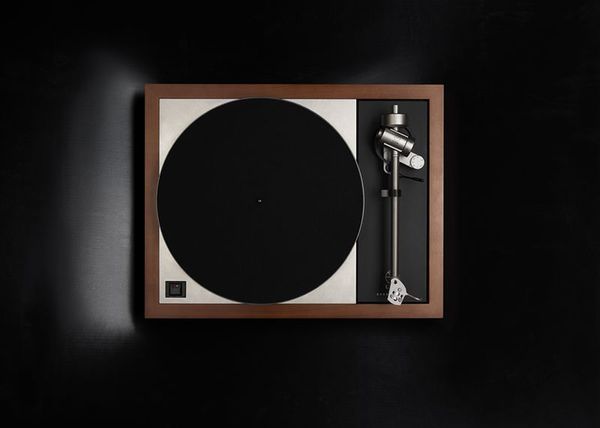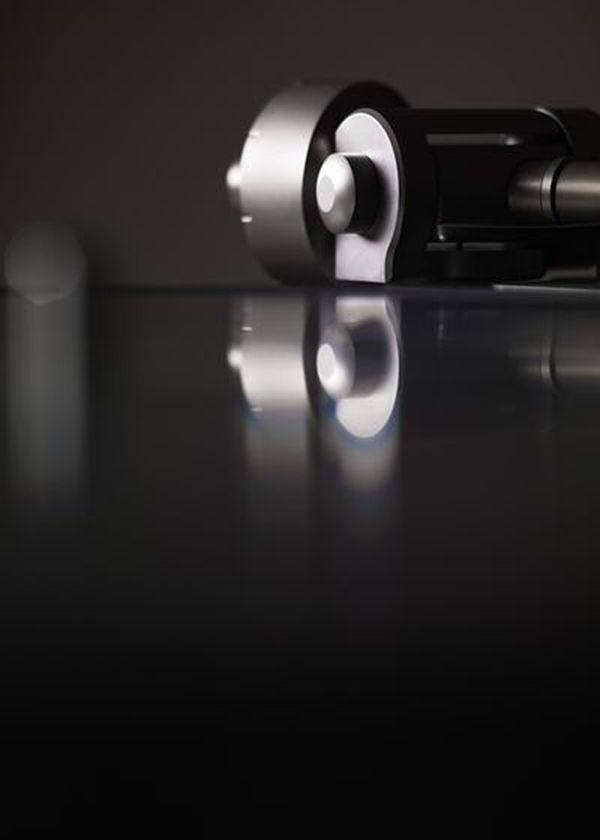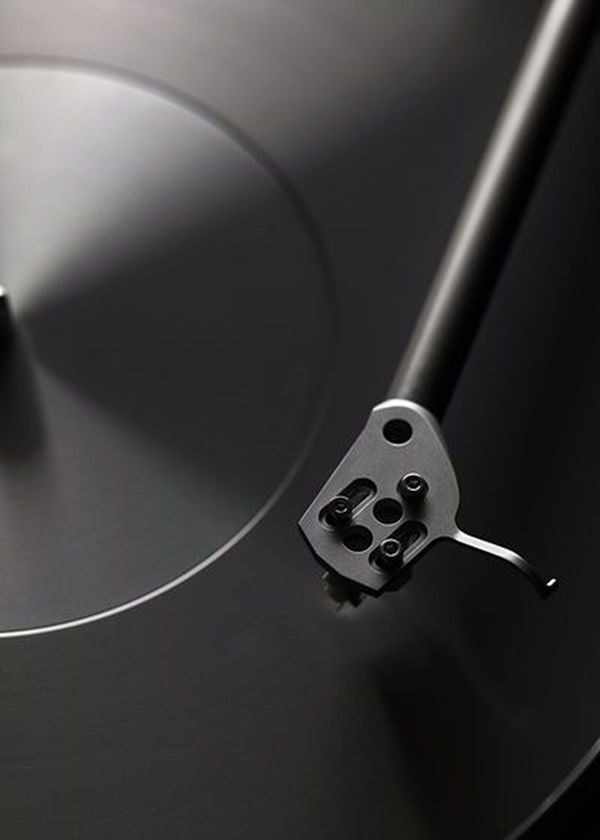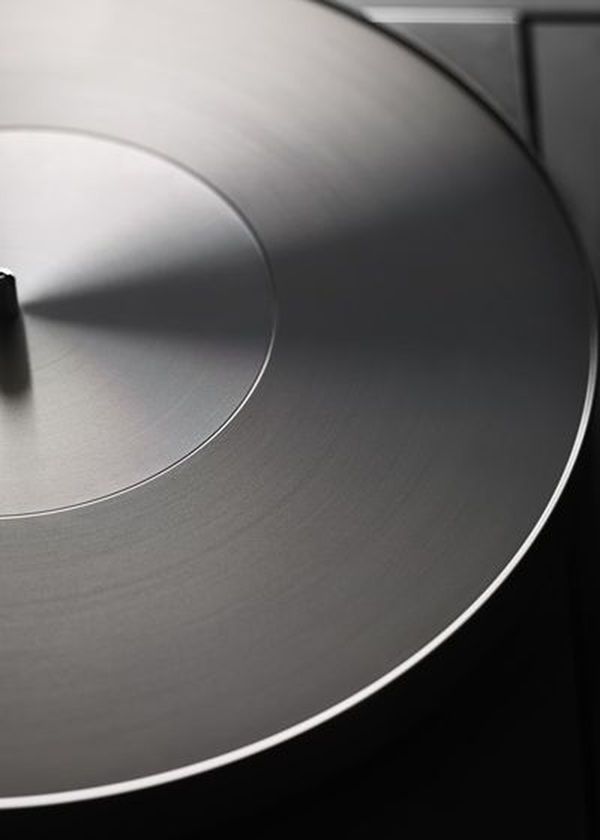
Decks appeal: turning the tables
With sales of vinyl records at a 25-year high, we pay tribute to the format that never dies and the quality of one of the world’s greatest turntables
Words Anthony Teasdale
Photography Richard Foster

We live in a digital world.
From newspapers to travel, accountancy to TV, no sphere of life has been untouched by the relentless march of the internet. And that’s especially true of music. It’s 19 years since Sean Parker and Shawn Fanning set up Napster, the peer-to-peer sharing platform that bypassed the inconvenience of actually buying music, and let people have it for free instead. Today, most music is downloaded or streamed through the likes of iTunes or Spotify, and a whole generation has grown up without access to physical music. Yet despite this, vinyl sales worldwide are at their highest since 1992. Far from disappearing like tapes, eight-track cartridges and CDs, vinyl gets more popular every year, its tactile interface providing its fans with a digital detox. And if you’re buying records, you’ll need a turntable.
While many are content to buy a decent but relatively cheap deck, for some, only the best turntables can do the format’s analogue signal justice. Step forward Linn, perhaps the most respected audio brand in the world. Its Sondek LP12 record deck (pictured) is a byword for peerless sound reproduction. Originally released in 1973, the LP12 has undergone various upgrades over the years, though the exterior has changed less, a beautifully engineered platter – or ‘sound stage’ – suspended to the base, and encased by a wooden plinth of oak, cherry, ash, rosenut or walnut.
The LP12 is the perfect antidote to the switched-on society. It doesn’t have a Wi-Fi connection, can’t make calls and would find it difficult to post on social media. With a diamond-tipped needle (or cartridge) taking every nuance of the record down the titanium tonearm and out to a separate amplifier, what it can do is play music. And play it better than almost every other turntable out there.

‘Vinyl is amazing, the range and detail a decent turntable and cartridge can extract is incredible.’

Tom Farrell is an expert in sound reproduction. To him, nothing compares to vinyl’s level of quality. ‘The only nicer sound you can reproduce at home is on reel-to-reel tape,’ he says. ‘Vinyl is amazing, the range and detail a decent turntable and cartridge can extract is incredible. But if you’re playing on a cheap record player then it’s a waste of time. Digital would be better.’
The science is simple. A digital recording – i.e. an MP3 or CD – is a series of snapshots of an analogue sound wave, which is then re-converted to analogue before it goes to the amplifier. And no matter how many snapshots the signal has (44,100 times per second in the case of CD), there will always be some loss of quality. Vinyl is different. A record has a groove that mirrors the original sound wave exactly, which means the better the turntable, the more of the sound can be transmitted. As long as the record is undamaged, and kept free of dust and dirt, the output is about as pure as it’s possible to get. As well as its sound quality, vinyl gives music a physicality, somehow making it more special. Dean Muhsin is the head of Bear music management – he sees digital sound files mostly in a work context. Vinyl, however, is different.

‘Due to working in the industry, I’m inundated with digital music – it’s really overwhelming,’ he says. ‘Then I order a record, feel it in my hands, interact with it by picking it off a shelf and seeing any notes I might have scribbled on the sleeve. Despite loving technology, switching a laptop on can fill me with dread if I know I’ll be drawn into work mode. Putting a piece of vinyl on a turntable has no such connotations. It’s an escape: a tactile, multi-sensory thing.’For musician and DJ, Jon Carter, a vinyl record, especially one that’s a few years old, is a relic of time when the recording of music was a big-budget endeavour. ‘I love the feeling of discovery every time you put a record on,’ he says. ‘You hear something that directly repeats what was recorded, however long ago, usually in an excellently kitted-out studio, not just on a laptop.’ And as we pull out an album and place it on the LP12, everything people say about ‘soul’ and ‘quality’ becomes apparent as intricate sounds fill the room.
Maybe it’s not a totally digital world after all.



